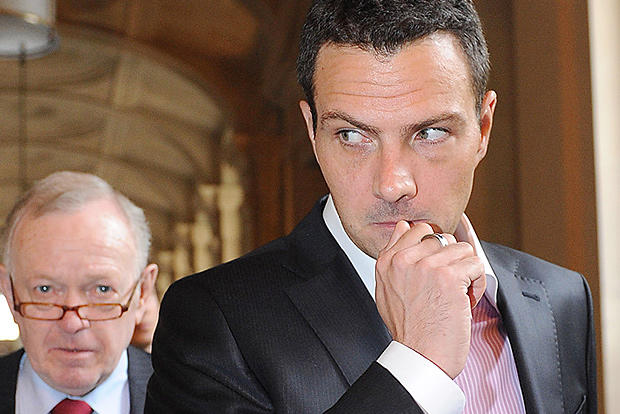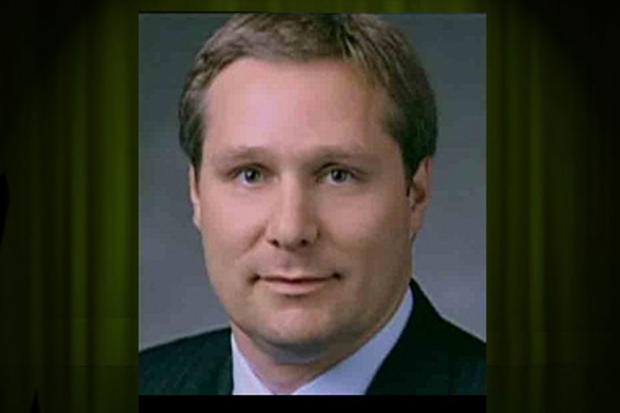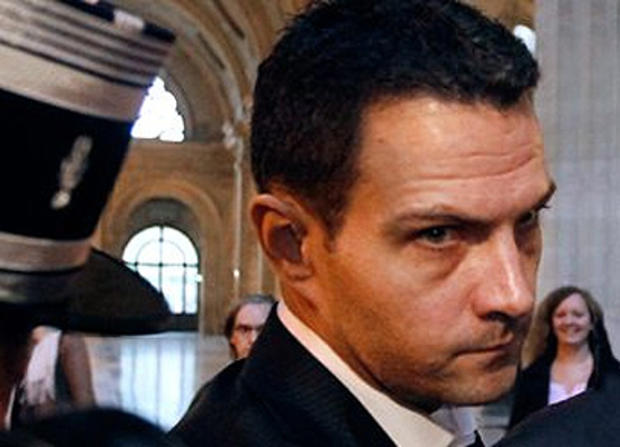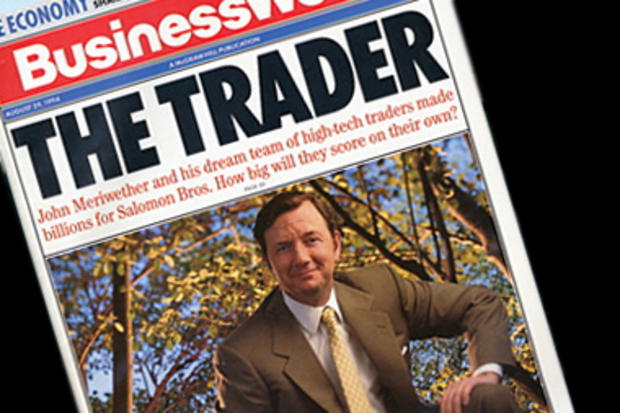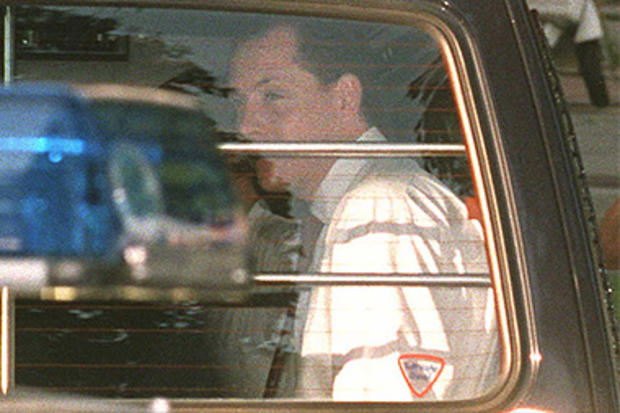6 Ugliest Trades in the History of Investing
6 Ugliest Trades in the History of Investing
Howie Hubler, Morgan Stanley
The loss: $9 billion
The trade: Hubler's fixed-income trading group at Morgan Stanley correctly bet $1.4 billion against the subprime market, minting money for the firm in 2006 and early 2007. But in order to hedge against losses on those bets, Hubler bought insurance contracts (the dreaded CDOs) that wound up imploding when the mortgage market collapsed. Michael Lewis in his book The Big Short calls the roughly $9 billion hit that Morgan Stanley took on these trades the single biggest trading loss in Wall Street history.
The reckoning: According to Lewis, Hubler was allowed to resign from the firm in October 2007 and take millions of dollars in back pay with him. The New York Observer reported that Hubler recently started a firm in New Jersey with several former Morgan Stanley colleagues that provides services to lenders with customers that are threatening to walk away from their mortgages.
Image courtesy: CBS / 60 Minutes
6 Ugliest Trades in the History of Investing
Brian Hunter, Amaranth
The loss: $6.8 billion
The trade: In 2006, Hunter, who was only 32 years old at the time, placed huge bets on natural gas futures for his hedge fund Amaranth. In the previous year-and-a-half, the strategy reaped giant returns for the firm, but that year a mild summer with no hurricanes to limit supplies led to stupendous losses in those futures contracts.
The reckoning: After the blow-up, which resulted in Amaranth's dissolution, Hunter returned to his hometown of Calgary and now consults for a fund called Peak Ridge Capital Group. According to Fortune, Hunter remains cheerfully unknown in Calgary – there are no known photos of him - despite driving a Bentley and a Ferrari. He still faces lawsuits and charges brought by the Federal Energy Regulatory Commission, the Commodity Futures Trading Commission, and a former Amaranth investor.
Image courtesy: iStockPhoto
6 Ugliest Trades in the History of Investing
Jerome Kerviel, Société Générale
The loss: $6.7 billion
The trade: A relatively low level trader, Kerviel began making bigger and bigger bets on European equity indices in 2007 and 2008 for his firm, Societe Generale, covering up his unauthorized trades by balancing them with fake ones. At one point, he made unbalanced trades of 30 billion and 50 billion euros, the latter figure more than the bank's total market value at the time. Unwinding those unprofitable positions saddled SocGen with a net loss of almost 5 billion euros.
The reckoning: Kerviel was arrested immediately after the news broke and held for six weeks in a Paris prison. After his release, he began working as a computer consultant. As reported Tuesday, Kerviel was sentenced by a Paris court to three years in prison and ordered to repay Societe Generale the $6.7 billion in losses it says Kerviel was responsible for. He was found guilty on charges of forgery, breach of trust, and unauthorized computer use. His lawyer said Kerviel is being scapegoated and would appeal.
Image courtesy: Getty
6 Ugliest Trades in the History of Investing
John Meriwether, Long-Term Capital Mgmt.
The loss: $4.6 billion
The trade: Meriwether and the other PhDs running LTCM produced three years of sensational returns using complicated arbitrage strategies. But in 1998, a default in Russia triggered a global panic and caused market moves that the firm's mathematical models — devised by Nobel Prize winners — had not accounted for. The Federal Reserve organized an emergency bailout of the fund to prevent a market meltdown.
The reckoning: A year later Meriwether was back at it, running a hedge fund, JWM Partners, that also used arbitrage. It got clobbered during the financial crisis and he closed the fund. Now for a third try: According to securities filings Meriwether has just launched two new funds under the name JM Advisors. Arbitrage hasn't worked out too well for him; the new funds invest based on global economic trends, or "global macro," which seems to be the flavor of the day.
6 Ugliest Trades in the History of Investing
Nick Leeson, Barings Bank
The loss: $1.4 billion
The trade: As a 26-year-old trader at Britain's oldest investment firm, Barings Bank, Leeson made a series of bad investments that culminated in a bet Japanese stocks would climb. Instead, an earthquake caused the markets to tumble, and Leeson's massive losing positions took down the 233-year-old firm.
The reckoning: Leeson served four years in prison and is now CEO of an Irish soccer team, Galway United. He's also popular on the lecture circuit.
Image courtesy: Getty
6 Ugliest Trades in the History of Investing
Sir Issac Newton
The loss: 20,000 pounds, millions in today's dollars
The trade: Newton made a bundle investing in the South Sea Company, only to watch the share price continue to climb. In 1720, the share price climbed from around 100 pounds to 1,000 pounds. He couldn't bear to watch the stock run away without him, so he got back in near the top, and was wiped out.
The reckoning: Newton secured a place as one of the most influential thinkers in history with his Three Laws of Motion, so he has been forgiven his investing mistakes. If anything, he serves as a good reminder that no matter how brilliant you are, emotions can cause you to make terrible investment decisions. Just remember, what goes up often comes down.
